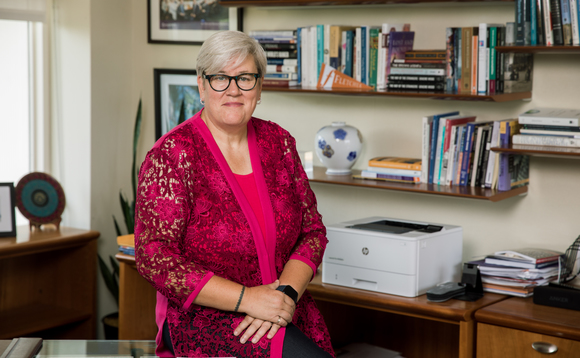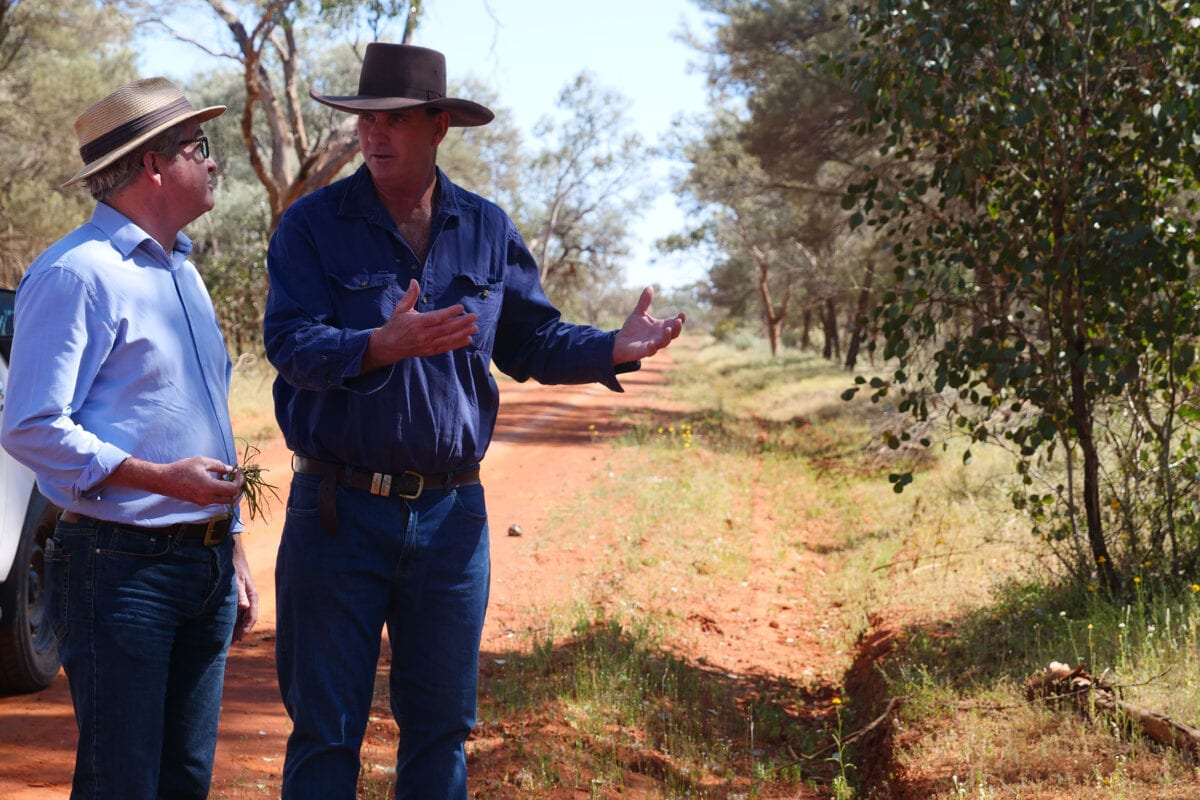Rachel Kyte, Dean of The Fletcher School at Tufts University, Co-Chair of the Voluntary Carbon Markets Integrity Initiative
We are at a really finely balanced moment in the climate challenge: in 2015 nearly all countries, including Australia, agreed to purse efforts to limit global warming to 1.5oC. Additionally, developed countries agreed to provide or facilitate increasing public and private investment, known as climate finance, to an annual $100 billion by 2020 into developing countries emissions reduction and resilience building efforts.
Yet close to a decade later, we are not on track to limit warming to 1.5oC. We’ve also shown ourselves to be pretty awful at transferring public money in any way, shape or form at scale to developing countries. We’ve failed to be able to leverage private finance consistently into emerging markets. We’ve failed to make the commitments on climate finance.
However, despite some headwinds as a result of the conflict in Ukraine, geopolitical tensions between China and the US, and some backlash against corporate ESG principles as woke capitalism, we do in fact have increasing funds under management that have commitments towards net zero emissions.
In the middle of all of that is the potential role of voluntary carbon markets – but they must be purposeful. They must work to speed up the transition. To reduce and remove emissions. They must also produce a revenue stream to the places that need it.
We can’t afford some of the hiccups in previous decades, where the market has overheated and where we’ve diverted funds into exercises that haven’t really helped us very much.
At the heart of that is integrity – a key area of focus over the last year, with important progress made.
The UN Secretary General has an expert group looking at what non-state actors, including cities, states, private companies or financial institutions mean when they say they are net zero compliant. They are examining what they should mean and how these actors can be held accountable for their net zero claims.
The Voluntary Carbon Markets Integrity Initiative also recently produced a draft code of conduct to establish a set of requirements for companies wanting to access voluntary credits or carbon market to meet net zero claims.
This code of conduct sets different benchmarks – gold, silver and bronze – to clearly track progress towards commitments, while also incentivising greater ambition.
This is a framework that allows different companies to use the voluntary market to realise their climate ambitions, while aligning with the best science – not creating a bar that only five companies in the world in developed markets can clear.
We also want voluntary markets to be places of innovation, and how these markets might help to solve different problems and increase access to finance. Leading into COP27, there’s a lot of discussion about how voluntary carbon markets can build streams of resources into decarbonising coal, for example, and we must continue to use the market in this innovative way.
But I think that increasingly in this very difficult geopolitical context, where we’ve seen climate implementation if not pledges withering, where we’ve seen climate finance diverted or disappearing, there is no getting around the need for regulated markets, the need for government to step up.
We see a lot of pressure and a lot of commentary on what the private sector needs to do, and how the private sector needs to lead, and how the private sector needs to take more risk. However, governments must be very clear to the private sector how they want it to behave and build the frameworks that will allow this to happen. The US Inflation Reduction Act is one example of this, which is already stimulating greater flows of private finance towards abatement, adaptation and mitigation activities.
Developments like this are helping to build a strong foundation, but we’ve got to move faster. It’s been a year of a lot of activity, a year of a lot of soul searching for a lot of private companies, and if we can scale up and channel this ambition and action in a credible way from business and governments, we’ll be on a much stronger footing.
Rachel Kyte is the Co-Chair of the Voluntary Carbon Market Integrity Initiative, which has recently launched a draft Code of Conduct for companies looking to engage in the voluntary carbon marketplace. She is also the Dean of the Fletcher School at Tufts University. Dean Kyte delivered a keynote address at the 9th Australasian Emissions Reduction Summit on October 25 and 26 at the ICC, Sydney.




